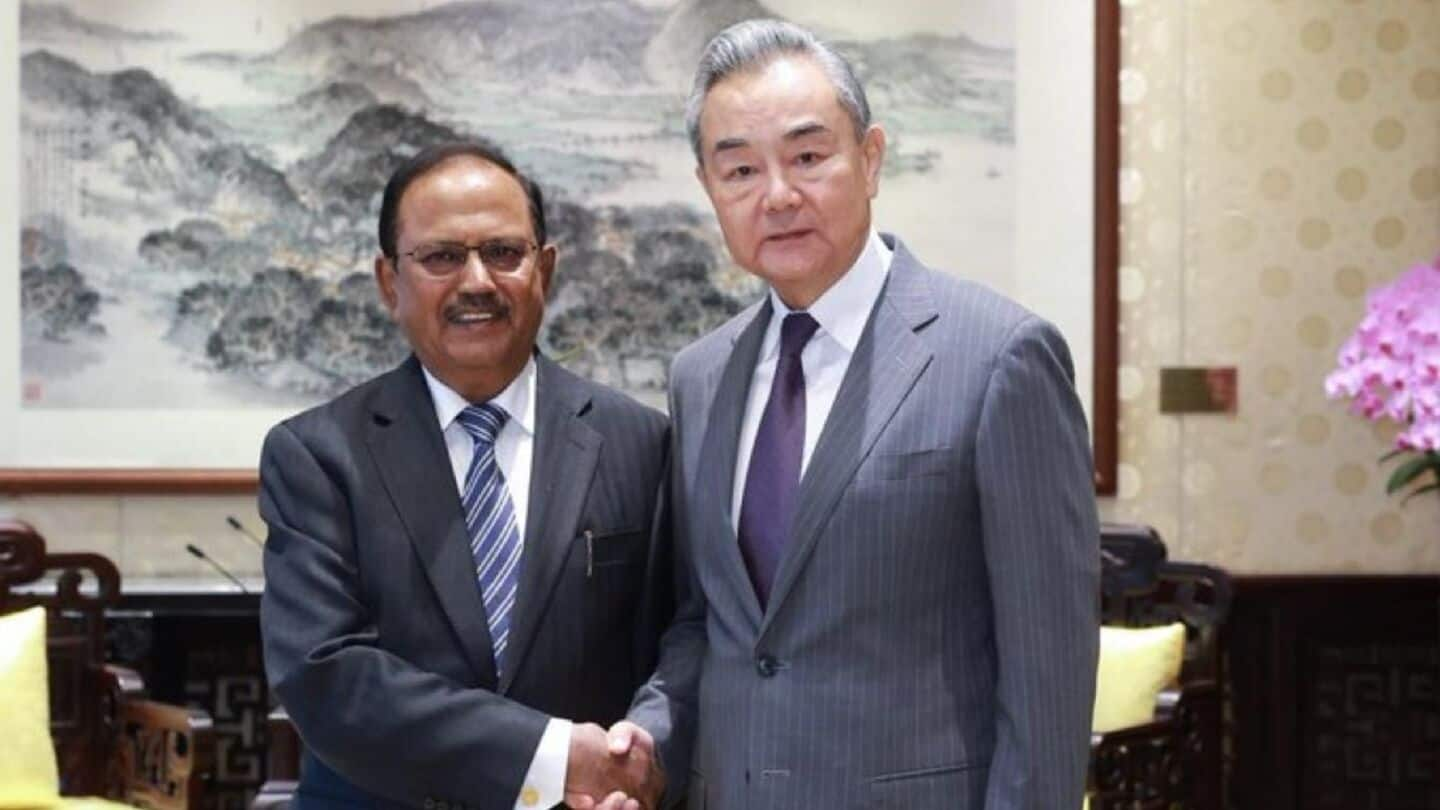
Wang Yi's visit: India-China agree to form new working groups
What's the story
China's Foreign Minister Wang Yi has concluded his two-day visit to India, marking a significant step in improving bilateral ties. The visit included talks with Prime Minister Narendra Modi, National Security Advisor Ajit Doval, and External Affairs Minister S Jaishankar. During the meetings, both sides agreed to view each other as "partners and opportunities" and work toward "much-needed certainty and stability."
Border resolution
Agreement to form 2 new working groups
A major outcome of Wang's visit is the agreement to form two new working groups to address border issues. One group will look into "early harvest in boundary delimitation," while the other will ensure peace and tranquility along the border. This comes after years of tension following the 2020 Galwan clash.
Diplomatic shift
India agrees to explore China's 'early harvest' proposal
Notably, India has agreed to explore China's "early harvest" proposal. This was a significant diplomatic shift as New Delhi had earlier rejected it in favor of a comprehensive settlement. The "early harvest" concept was first introduced in 2017 by Chinese Ambassador Luo Zhaohui and clarified by military analyst Senior Colonel Zhao Xiaozhou as wanting to replace the 1890 Great Britain-China convention with a new agreement between China and India.
Trade and travel
China lifts restrictions on export of key minerals to India
In another positive development, China has lifted export restrictions on fertilizers, rare earth magnets/minerals, and tunnel boring machines to India. Shipments have already started. This comes after India had raised concerns over fertilizer supply shortages and China's suspension of shipments for key infrastructure projects. Additionally, both countries agreed to resume direct flights suspended since the COVID-19 pandemic in 2020 without specifying a date.
Diplomatic cooperation
Visa facilitation for tourists and businesspersons agreed upon
Both nations also agreed to facilitate visas for tourists and businesses in both directions. They also supported each other in hosting diplomatic events, with China backing India's 2026 BRICS summit and India supporting China's 2027 BRICS summit. However, challenges remain as Beijing continues to support Pakistan despite thawing ties with India.